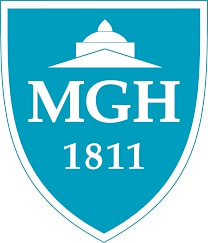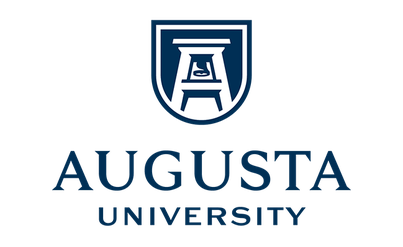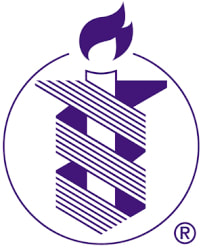Collaborators
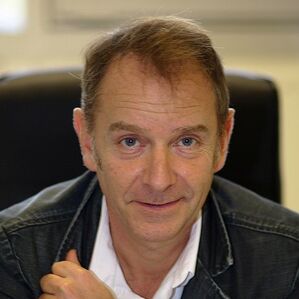
Philippe is a full Professor at the University of Bordeaux Segalen and a previous Vice President of the University. He is leading the “ChemBioPharm” team of the INSERM U1212. His expertise lies in supramolecular chemistry, nucleic acids, and nucleolipids, and together with Dr. Grinstaff synthesized and studied the self-assembly of nucleoside-base amphiliphiles. These amphiphiles are of interest for drug delivery and tissue engineering applications.
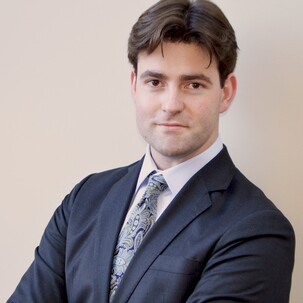
Aaron is a Research Assistant Professor in the Department of Biomedical Engineering at Boston University. His research interests include the design of new biomaterials and novel drug delivery systems with a particular emphasis on navigating the preclinical path required to translate technologies into the clinic. Aaron completed his postdoctoral degree at Brigham and Women's Hospital and Harvard Medical School under the guidance of Doctor Yolonda L. Colson, M.D./Ph.D. He completed his Ph.D. under the mentorship of Professor Mark Grinstaff at Boston University in 2014, during which time he was a Fellow of both the National Cancer Institute (NCI) funded Cross-Disciplinary Training in Nanotechnology for Cancer (XTNC) program as well as the National Institutes of Health (NIH) Quantitative Biology and Physiology Training program. He is an author or co-author on thirteen peer-reviewed publications, has two patents, and has given nineteen invited lectures, oral presentations or posters. He is a co-founder of several companies that are commercializing his ideas and maintains active partnerships in both industry and academia.

Yolonda is the Hermes C. Grillo Professor of Surgery and Chief, Division of Thoracic Surgery, Massachusetts General Hospital. Her area of clinical expertise and innovation is the development of new approaches to diagnose occult nodal metastases and to prevent and treat tumor recurrence after "curative" surgical resection. She also dedicates time as educator/mentor in national roles focused on fostering young academic cardiothoracic surgeons and surgeon-scientists.
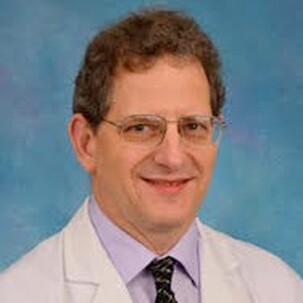
Daniel is a Board Certified Pathologist at the University of Chapel Hill School of Medicine. He earned his M.D. and Ph.D. at Duke University. He is an expert in phage display, aptamers, viral infections, and nephropathology. Together with Dr. Grinstaff they developed a novel nano-coating technology capable of directing biological processes at the interface between a biologic and a synthetic surface, termed interfacial biomaterials, and co-founded Affinergy Inc. with Mr. Jonathan Gindes and Mr. Peyton Anderson.

Terry is a Professor of Ophthalmology at Duke University Eye Center. He is a world’s expert and key opinion leader in corneal diseases and cataract surgery. He has published over 200 journal articles and 3 well-respected textbooks. He has been the recipient of the Achievement Award and the Senior Achievement Award from the American Academy of Ophthalmology (AAO). Dr. Kim also sits on the Editorial Board for several peer-reviewed journals and trade publications, including Cornea, Journal of Cataract and Refractive Surgery, Ocular Surgery News, Eyeworld, Cataract & Refractive Surgery Today, Premier Surgeon, Review of Ophthalmology, Advanced Ocular Care, and Topics in Ocular Antiinfectives. Together with Dr. Grinstaff, they developed new adhesives for the repair of cornea wounds and this research lead to the product OcusealTM – Liquid Ocular Bandage by Hyperbranch Medical Technology which is sold by Beaver Visitec.
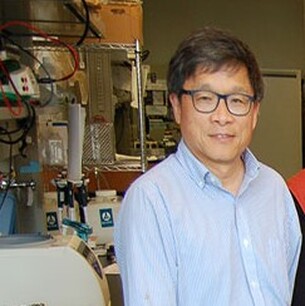
The research program in Dr. Liu's laboratory focuses on the dynamic interactions between tumor cells and immune cells in the microenvironment. They study tumor cell apoptosis resistance in the context of tumor immune evasion, and how myeloid suppressive cells interact with tumor cells and T cells to promote tumor progression. Their objective is to develop molecular mechanism-based therapy to enhance the efficacy of cancer immunotherapy.
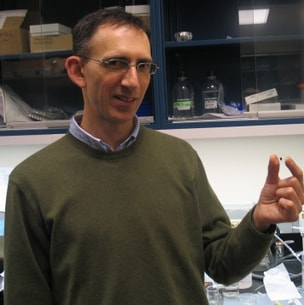
Amit is a Professor of Biomedical Engineering and holds the Roy Matas Winnipeg Chair in Biomedical Engineering at the Technion, Israel Institute of Technology. He is also the Director of I-Core: Center of Excellence in Biological Physics in the The Russell Berrie Nanotechnology Institute (RBNi). He is a world leader in solid-state nanopores, and was fortunate to be among the first to develop and employ nanopore-based DNA and RNA single molecule sensors, and publish some of the early and most cited papers in this field. In 2004, he invented a nanopore-based nucleic acid sequencing method that gives both electrical and optical readouts. Together with Dr. Grinstaff, they are fine-tuning the rate of nucleic acid translocations through a nanopore using a variety polymer and small molecule modifications of the nanopore to enhance its resolution.
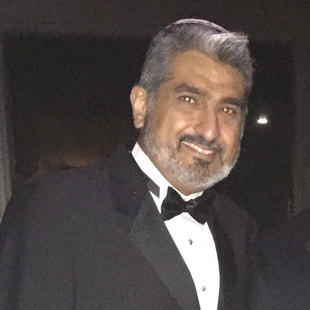
Ara is an Assistant Professor of Orthopaedic Surgery, Harvard Medical School and a member of the Center for Advanced Orthopaedic Studies and BIDMC. His research interests are in musculoskeletal diseases, trauma, and biomechanics, with particular expertise in CT-based rigidity analysis technique to assess fracture risk in patients with skeletal pathologies, dissolvable adhesives for the treatment of second degree burns, and novel therapies for the treatment of frozen shoulder.
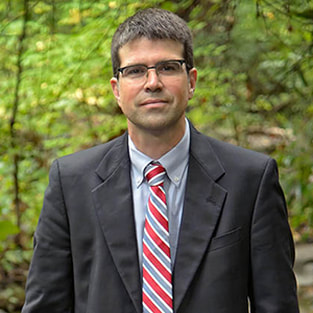
The Oberlies Research Group studies bioactive compounds from nature, largely from the viewpoint of natural products chemistry. We isolate and characterize bioactive compounds from fungi, bacteria, and plants, every single day. All of our projects take a team oriented approach, collaborating with scientists in diverse disciplines, including pharmacology, virology, ecology, and metabolism, to name only a few, such that we are focused on revealing the biological potential of compounds from nature.
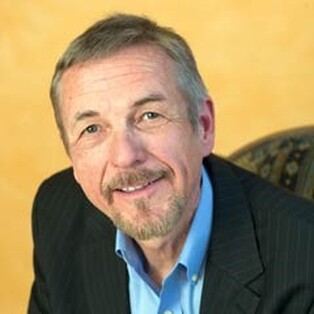
Dr. Cedric Pearce is founder and CEO of Mycosynthetix. He was awarded a PhD from the University of Southampton in the UK and was a Royal Society European Exchange Fellow at the Institut de Chimie des Substances Naturelle in France before moving to the University of Illinois in Champaign Urbana; during this entire period he conducted research on antibiotics and related microbial products. He continued to work on medicines from fungi and other microorganisms as a faculty member at University of Connecticuts School of Pharmacy and in the commercial sector. For seven years he was engaged in research on microbial products in the pharmaceutical industry, working with the antitumor group at Bristol Myers, and then in the Infectious Disease Research Section of American Cyanamid`s Medical Research Division. Subsequent engagements were within the biotechnology sector, including periods with MYCOsearch and then OSI Pharmaceuticals where he held increasingly senior roles up to Director of the natural products drug discovery division. After a period with a life science venture capital firm (A.M.Pappas) he founded Mycosynthetix in August 2001. Dr Pearce has published and lectured extensively on medicines and other products from microorganisms, and is inventor on a number of issued patents. He is currently an Associate Editor for the Journal of Natural Products, and an adjunct professor in the Chemistry and Biochemistry Department and a Coleman Foundation Entrepreneurship Fellow at the University of North Carolina in Greensboro.
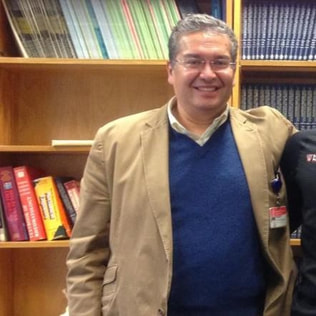
K-rod is the Chief of Orthopaedic Trauma at Beth Israel Deaconess Medical Center, an Associate Professor of Orthopaedic Surgery at Harvard Medical School, and Chair of the Harvard Medical School Orthopedic Trauma Initiative. His expertise is in orthopedic trauma surgery, acute management of wounds, management of second-degree burns, and biomechanics of musculoskeletal injury.
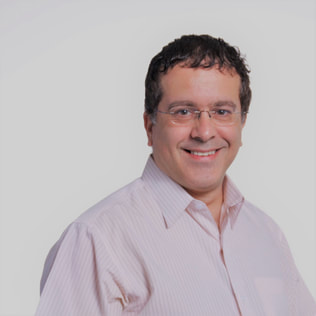
Orian is a Professor of Medicine in the Departments of Medicine (Division of Endocrinology, Diabetes & Hypertension) and Pharmacology, David Geffen School of Medicine at UCLA, Director of UCLA Metabolism Research Center, Director of UCLA Mitochondria & Bioenergetics Core, and Head of Mitochondria Research lab. He is leading authority on mitochondrial biology, mitochondrial oxidative damage, and autophagy. He and Dr. Grinstaff are collaborating on new tools to study autophagic flux as well as potential therapies to restore autophagic flux.

Brian is a Board Certified Pediatric Orthopaedic surgeon on staff at Children’s Hospital, where his clinical practice focuses on hip dysplasia and acquired deformities about the hip, spine deformity, cerebral palsy and pediatric trauma. He is also a Professor of Orthopaedic Surgery, Harvard Medical School and a Research Professor of Biomedical Engineering, Boston University, College of Engineering. His research merges the analytic techniques developed in the Laboratory with the innovative diagnostic and surgical techniques developed at Children’s Hospital for treating musculoskeletal diseases.






